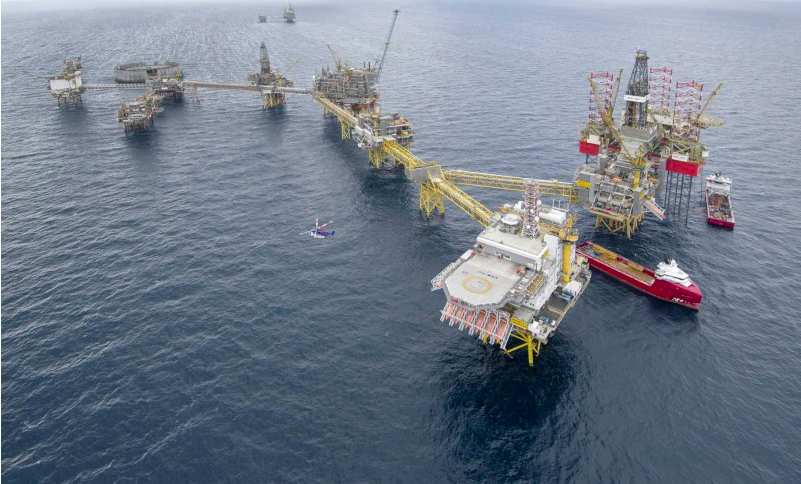Offshore giant Subsea7 has announced that it has signed a front-end engineering and design (FEED) study contract with operator ConocoPhillips Skandinavia AS (ConocoPhillips) for the Previously Produced Fields (PPF) field development project offshore Norway.

The project is granted under a new Framework Agreement between ConocoPhillips and Subsea7.
The FEED study will finalise the technical definition of the proposed subsea development. Work will commence immediately in Subsea 7’s office in Norway.
If the development project passes final investment decision and is approved by the authorities, the operator can exercise an option to a large1 award of the subsea structures, umbilicals, risers and flowlines (SURF) scope under the Framework Agreement to Subsea7. Offshore installation activities associated with this contract would be scheduled for 2026 to 2029.
The Previously Produced Fields are located in the Greater Ekofisk Area, approximately 290 kilometres southwest of Stavanger, Norway. The PPF development will be connected to the existing Ekofisk Complex.
Erik Femsteinevik, Vice President for Subsea7 Norway said: “We are delighted to have signed a Framework Agreement with ConocoPhillips and have been awarded this initial FEED contract. The study will enable Subsea7 to engage early in the field development process, optimising design solutions and contributing to the final investment decision. We look forward to working closely with ConocoPhillips to unlock further value in the Greater Ekofisk Area.”
On 21 May, Subsea 7 announced the award of a subsea contract between $50 million and $150 million in West Africa.
Subsea7 will be responsible for transporting and installing flexible pipelines, umbilicals, and associated subsea components for the connection of a floating production, storage and offloading (FPSO) vessel as well as the pre-laying activities for an upcoming drilling campaign.
Project management and engineering work will begin immediately at Subsea7’s offices in Sutton, UK and Suresnes, France, and offshore activity is expected to start in 2026.


